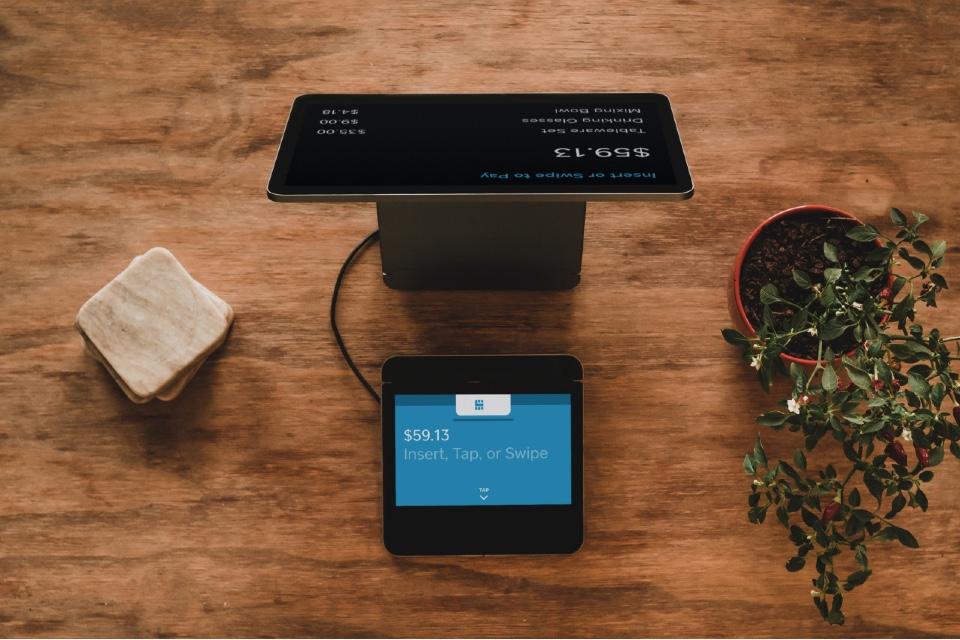Point of Sale (POS) verification solutions have undergone significant transformation in UK retail. For payment professionals working in this sector, staying abreast of these changes is not just about enhancing transaction efficiency; it’s also about ensuring security and customer satisfaction. Here we explore how POS verification solutions have evolved and their impact on the sector, informed by input from delegates at the Merchant Fraud Summit…
1. Transition from Traditional to Digital
The traditional POS systems, once dominated by cash registers and basic card readers, have gradually given way to more sophisticated digital solutions. Early card terminals have evolved into integrated systems that accept various payment methods, including contactless cards, mobile wallets, and even cryptocurrency in some instances. This shift reflects the changing consumer preferences and the need for faster, more convenient payment options.
2. Embracing Contactless and Mobile Payments
Contactless payments have revolutionised POS transactions in the UK. The ease of ‘tap and go’ technology has not only sped up the transaction process but also enhanced customer experience. The rise of mobile payments through platforms like Apple Pay and Google Pay has further expanded the scope of POS verification, offering customers even more flexibility and convenience.
3. Increased Focus on Security and Fraud Prevention
With the advancement of POS technologies, there has been an increasing emphasis on security. The introduction of EMV (Europay, MasterCard, and Visa) chip technology marked a significant step forward in combating card fraud. Modern POS systems now incorporate advanced encryption and tokenisation methods to protect sensitive payment data, reducing the risk of data breaches and identity theft.
4. Integration with Retail Management Systems
Today’s POS systems are not standalone units; they are often part of an integrated retail management system. This integration allows for real-time inventory tracking, sales reporting, and customer data analysis, providing valuable insights for business decision-making. Such systems enable payment professionals to manage transactions more efficiently while gaining a holistic view of the retail operation.
5. Customisation and Scalability
Current POS solutions offer a high degree of customisation to cater to the specific needs of different retail businesses. From large supermarkets to small boutique stores, POS systems can be tailored to various requirements. Additionally, scalability has become a key feature, allowing retailers to expand their POS systems in line with business growth.
6. The Advent of Cloud-Based Systems
The shift towards cloud-based POS systems represents the latest evolution in this field. These systems offer enhanced flexibility, allowing for remote access to sales data and transaction history. Cloud-based solutions are also advantageous in terms of data backup and recovery, ensuring business continuity.
7. Sustainable POS Solutions
Sustainability is increasingly influencing POS solution choices. Retailers are considering the environmental impact of their POS systems, with a preference for solutions that are energy-efficient and made from sustainable materials.
Conclusion
POS verification solutions in UK retail have evolved dramatically, driven by technological advancements, changing consumer habits, and a growing emphasis on security and efficiency. As these trends continue, payment professionals must adapt and innovate, ensuring that their POS strategies meet both current and future retail demands. The focus is not only on facilitating transactions but also on enhancing the overall customer experience, streamlining operations, and ensuring robust security in a rapidly changing retail environment.
Are you researching secure POS solutions for your retail operations? The Merchant Fraud Summit can help!
Photo by Clay Banks on Unsplash

